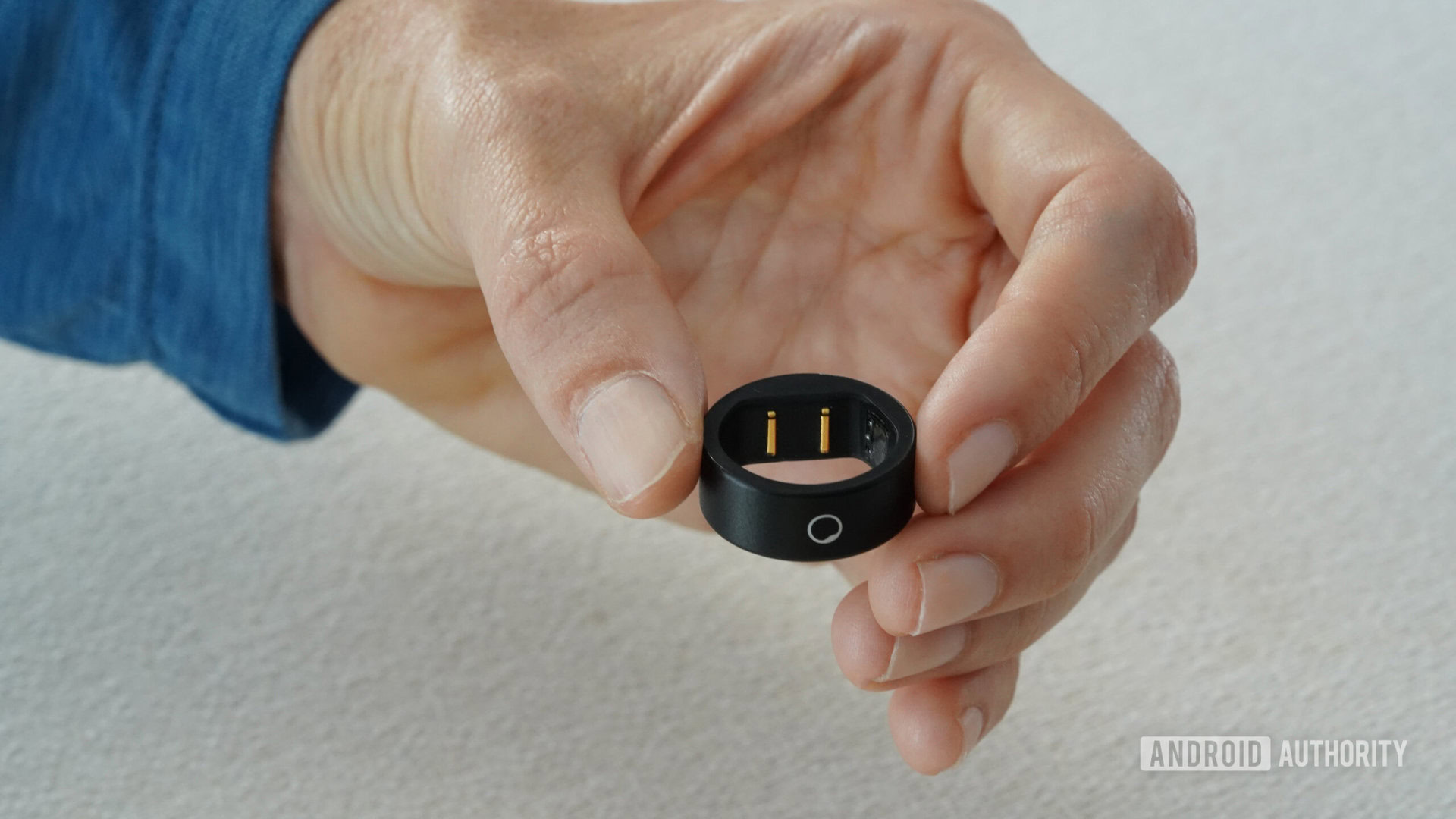Basic research is critical to innovation, but to have a real impact, that innovation has to make its way out of the lab. That’s the reasoning behind the Activate Fellowship, one of the nation’s most prestigious awards for science-based entrepreneurship. Now Bingzhao Li, a research scientist in the University of Washington’s Department of Electrical & Computer Engineering, has been named one of its latest recipients. He’s also the UW’s first.
The fellowship recognizes Li’s innovative work on chip-scale LIDAR systems that replace mechanical parts with acousto-optic beam steering — promising smaller, cheaper, and more scalable optical sensing. The fellowship will support the launch of his new startup, LEAP Photonics, which will work to bring this innovation into daily use.
Li’s selection for the highly competitive fellowship highlights the growing importance of chip-based photonics and quantum-enabled sensing. Backed by the National Science Foundation, the U.S. Department of Energy, and others, the fellowship is designed to help researchers become successful entrepreneurs.
At the center of Li’s proposal is a novel laser beam-steering technology developed under the guidance of Professor Mo Li at the University of Washington. Instead of using traditional rotating mirrors or bulky mechanics as traditional LIDAR systems do, this approach uses surface opto-acoustic waves to redirect laser beams in real time. Both components operate on the same chip.
This enables a solid-state LIDAR system that’s about 1,000 times smaller than conventional methods, eliminating moving parts, reducing cost, and offering significant advantages in durability and integration. This could be used in many kinds of applications, including autonomous vehicles, drones, traffic control systems, robotic systems, warehouse automation, and medical imaging.
“The idea started during the COVID-19 lockdown, when we didn’t have access to our lab,” Bingzhao said.
Unable to perform experimental research in the usual way, the two of them resorted to other approaches to their work. While Professor Li was reviewing old research papers, he came across one from the 1970s that used a laser to image an acoustic wave. This gave him an idea: if light could interfere with sound waves at that scale, then sound could be able to interact with coherent light. This led to many excited conversations. Once back in the lab, they got the idea working within only three months. At that point, they knew they had something very special on their hands.
“By commercializing this technology, we can envision LIDAR where it was never viable before,” Bingzhao Li said. “The Activate Fellowship supports this by promoting entrepreneurship with a mentorship system and potential partnerships found throughout their network.”
Li’s new venture, LEAP Photonics, is co-founded with Professor Li. The company plans to commercialize the innovation, targeting a range of markets including autonomous vehicles, medical imaging, smart infrastructure, and robotics. The company name is an acronym for Laser-Enhanced Automation Perception. It reflects the hybrid approach of using both light and sound to manipulate data and perception at the nanoscale, all enabled by artificial intelligence.

The work builds on years of research conducted in Mo Li’s lab at UW, which has pioneered optomechanical systems that couple light and sound on a chip. In a related 2023 breakthrough, Li and his colleagues demonstrated a method of detecting “atomic breathing”— quantum-level oscillations — through interactions between light and phonons. These phonons are used to precisely deflect the photons in the coherent beam of the laser. As Professor Li likes to say, they “use sound to bend light.”
This “acousto-optic beam steering” is generated on-chip using high-frequency sound pulses in the gigahertz range. The process results in phonons, an emergent phenomenon, also referred to as quantum quasi-particles.
“Our goal has always been to make photonic systems as compact and efficient as possible,” said Mo Li. “Bingzhao’s success is a strong validation that we’re getting closer.”
That validation now extends beyond the lab. In addition to the Activate award, Li’s research has received backing from agencies like DARPA, the National Science Foundation, and UW’s CoMotion innovation hub, which supported patent filings and licensing efforts. Bingzhao previously received the Yang Award for Outstanding Doctoral Student at UW ECE in 2023 for related research.
During the two years covered by the Activate Fellowship, LEAP Photonics plans to take its technology from a minimal viable product to fully-featured prototype. By then, it expects to have a product ready for the marketplace.
Still, challenges remain before the technology can be widely deployed. The prototype, while highly compact, will need improvements in range and environmental stability to match today’s industrial LIDAR systems.
But those who’ve followed Bingzhao Li’s trajectory say he’s well-positioned to bridge that gap.
“I think taking this entrepreneurship path is a very brave move and he choose this path for two reasons,” Mo Li observed. “First, Bingzhao is an entrepreneur at heart and second, he believes in the technology — this technology he created.”
With the Activate Fellowship, Bingzhao Li joins an elite group of scientists turned entrepreneurs, bringing with him a technology that could redefine how machines see and interact with the world. The chip-scale LIDAR system is not just a more efficient sensor. It’s a platform for a new era of adaptable sensing and communications systems.
Activate Global was founded in 2015, a nonprofit organization that came out of Lawrence Berkeley National Laboratory. The fellowship program provides a two-year salary, allowing scientists a chance to take their technologies from the research stage to commercially viable product. The Fellowship is supported by a broad range of government agencies, philanthropies, investors, and corporations. Since its inception, Activate has supported 249 fellows, resulting in 236 startups, and generating more than $4 billion in additional public and private support for fellows’ work. The organization does not take any financial stake in fellows’ companies, technologies, or IP.









